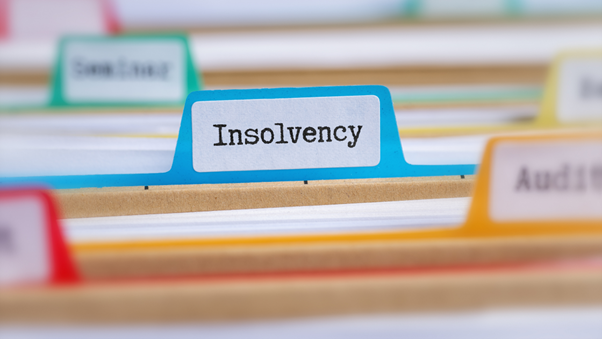Understanding Misfeasance in Company Insolvency
When a business faces insolvency, those overseeing the company’s liquidation or administration hold the power to scrutinise the conduct of its directors. Misfeasance, a term denoting wrongdoing by a company officer, can lead to significant penalties if proven. Defining Misfeasance in Insolvency Under the Insolvency Act 1986, misfeasance is identified when an officer of a company, or someone involved in its promotion, formation, or management, has: Misapplied, retained, or become accountable for company money or property; or Committed any misfeasance or breached any fiduciary or other duty in relation to the company. This broad definition is designed to capture various [...]










